views
1. Directed by Brian De Palma
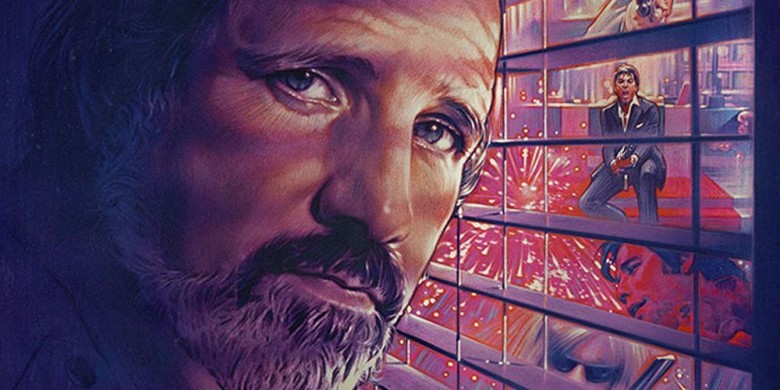
The “Scarface” and “Carrie” director surprisingly took the reins for this music video.
2. Shot in St. Paul, Minnesota

It was filmed during a live concert at the Saint Paul Civic Center in 1984.
3. Courteney Cox’s Big Break
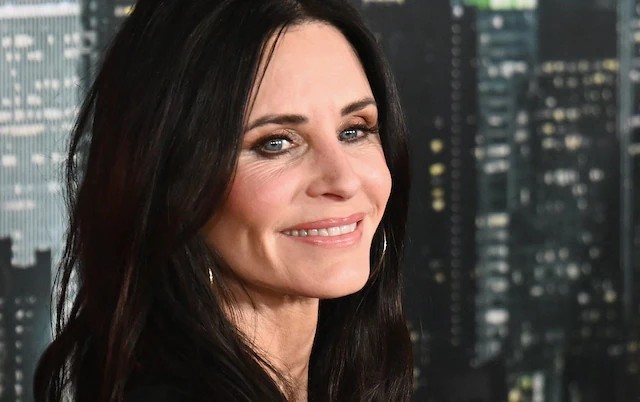
The young actress, later famous for Friends, was handpicked to dance with Bruce on stage.
4. Not a Random Fan

Despite the “pulled from the audience” illusion, Cox was a hired performer.
5. One Take Wonder

The onstage dance sequence was captured in just one take to keep it authentic.
6. Boosted MTV Popularity
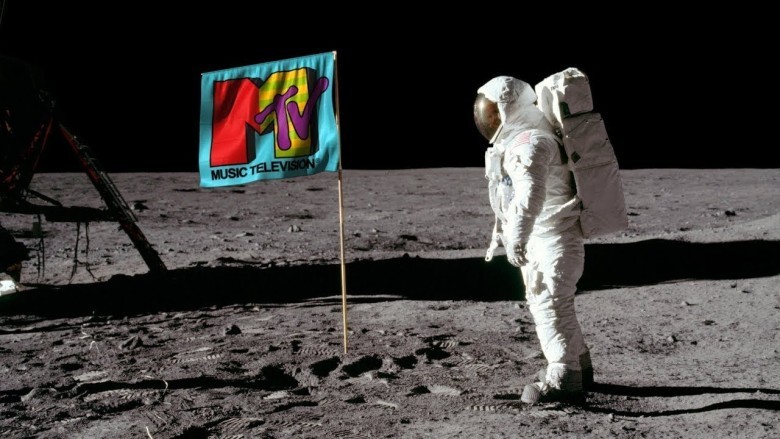
The video was a major factor in Bruce’s crossover success on MTV.
7. Song Born from Label Pressure

Springsteen wrote “Dancing in the Dark” in frustration after being told to add a single to Born in the U.S.A..
8. Wardrobe Simplicity

Bruce wore his signature jeans and plain shirt, a stark contrast to flashy ‘80s music videos.
9. Unscripted Energy

Bruce’s dance was not choreographed, keeping the moment natural.
10. Grammy and VMA Favorite
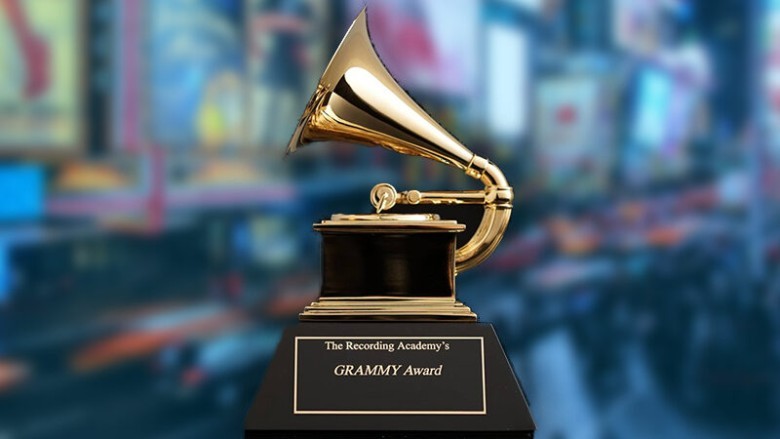
The song earned multiple awards and nominations, cementing its legacy.
When Bruce Springsteen’s “Dancing in the Dark” hit MTV in 1984, it didn’t just climb the charts — it became one of the defining pop culture moments of the decade. Directed by acclaimed filmmaker Brian De Palma, the video’s success was a blend of authenticity, cinematic flair, and an unforgettable twist: Bruce inviting a young woman from the audience to dance with him on stage. That woman, of course, was Courteney Cox, who would later achieve global fame as Monica Geller on Friends. At the time, however, she was a relatively unknown actress who had just moved to New York in search of her big break. The video gave her that break overnight.
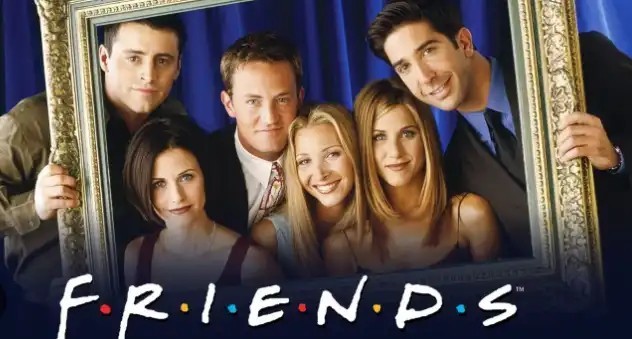
What makes the video so memorable is its deceptive simplicity. There are no flashy backdrops, no wild editing tricks — just Bruce and his E Street Band playing to a live audience, captured in raw, unfiltered energy. The dance sequence with Cox wasn’t choreographed; it was improvised on the spot to give the feeling of a genuine, spontaneous fan moment. This authenticity resonated with audiences and played a major role in its MTV popularity.
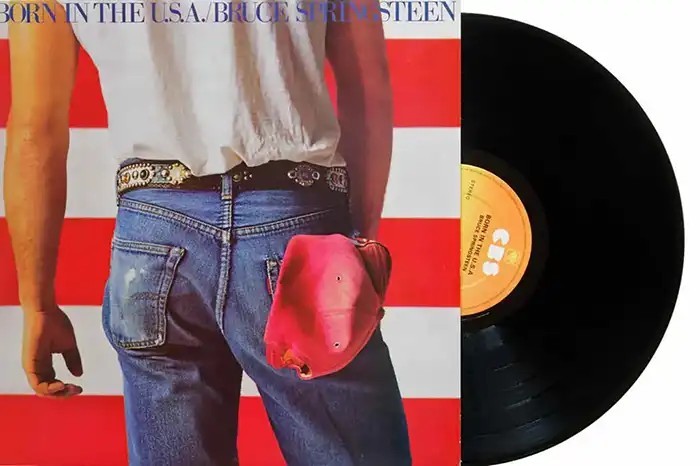
Interestingly, “Dancing in the Dark” wasn’t originally part of the Born in the U.S.A. album. The song came about after Springsteen’s manager and label pushed for a hit single, telling him the album lacked a strong lead track. Frustrated, Bruce went back to write what would become one of his most commercially successful songs — a track that would peak at number two on the Billboard Hot 100 and remain his highest-charting single in the U.S.
The choice of De Palma as director was unconventional. Known for intense dramas and thrillers, he brought a sense of cinematic storytelling to what could have been a straightforward concert clip. His decision to keep the camera lingering on Bruce’s facial expressions and crowd interactions gave the video an intimate quality, making viewers feel like they were part of that night in St. Paul.
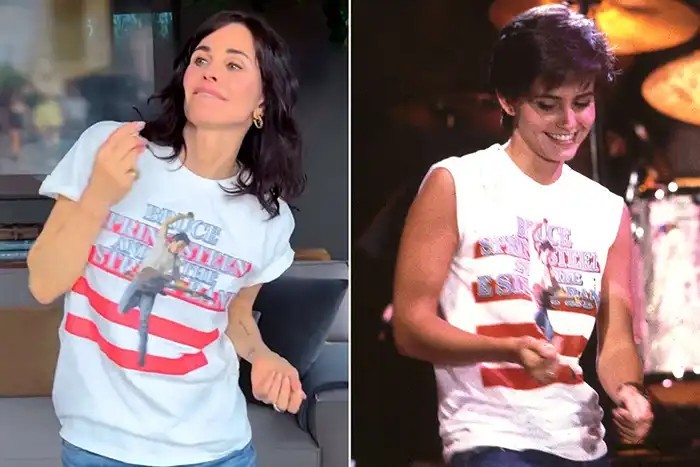
In the years since its release, “Dancing in the Dark” has been referenced, parodied, and celebrated countless times. Courteney Cox has spoken fondly about the experience, admitting she was nervous and unsure of her dance moves, while Bruce has looked back on it as a lighthearted moment in a career filled with serious storytelling. It remains a perfect example of how music videos can transcend promotion to become lasting cultural artifacts — blending spontaneity, star power, and just enough magic to make the world want to get up and dance.
#BruceSpringsteen #DancingInTheDark #BornInTheUSA #MusicTrivia #ClassicRock #CourteneyCox #80sMusic #MTVHistory #RockLegends #MusicVideoFacts




















Comments
0 comment